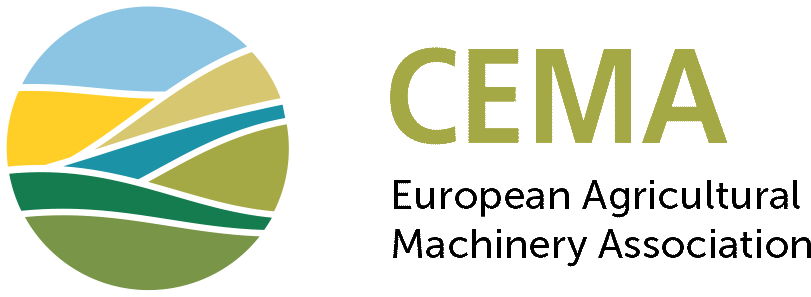Mobile machines: how to achieve a single European system of rules to travel on public roads
Industry presents joint proposals for upcoming Commission proposal
Brussels, 12 June 2017 – The European Commission has a unique chance to close a long-standing and costly gap in the EU’s Internal Market by creating a harmonized system of rules for mobile machines to travel on public roads.
The major objective of the upcoming Commission’s proposal (expected for 2018) must be to create one single approval system for mobile machines – such as excavators, combine harvesters, tele-handlers or ride-on lawnmowers – which will authorize them for road use across the entire EU without imposing further costly and cumbersome national technical requirements.
This is the core demand of the joint proposals presented today by the European producers of mobile machines ahead of a workshop to be held on 14 June in Brussels during which the European Commission, Member States, industry and stakeholder organisations will discuss different options for harmonisation.
Currently, to be allowed on public roads, mobile machines still need to be authorized in each and every EU Member State. They must be considered as compliant with each applicable national legislation in terms of e.g. weight, width, lighting, signalling or braking of the machine, presenting an unnecessary, cumbersome and costly burden for producers and users alike. In 2014, the European Commission therefore committed itself to developing the necessary legislative proposal by this year.
One single approval in all Member States
The industry, represented by the European associations CECE (construction equipment), CEMA (agricultural machinery), EGMF (garden equipment), EUnited Municipal Equipment and FEM (materials handling equipment) welcomes and supports the initiative. In their proposals, the associations describe their preferences with respect to important elements of the new legislation.
The paper also includes suggestions on how an approval procedure could look like by minimizing bureaucracy and utilising existing relevant legislation or harmonized standards. The associations have also defined columns with safety aspects relevant to mobile machinery, each one with a distinct procedure to verify the compliance of mobile machinery with the technical requirements.
Harmonisation improves competitiveness of the industry and its many SMEs
A European harmonisation of the rules would relieve manufacturers of mobile machinery - and especially the many SMEs – from unnecessary administrative and economic burdens thus creating a level-playing field for manufacturers and customers alike. Current multiple testing and third-party certifications generate additional workload and considerable delays in the introduction of new machines. Their elimination would help save costs and be more competitive whilst fostering innovation.








